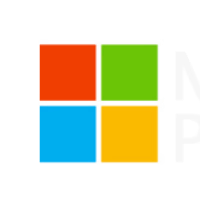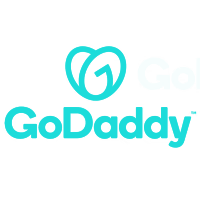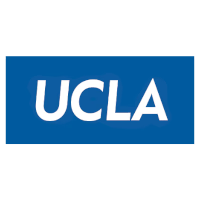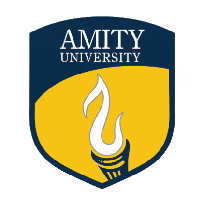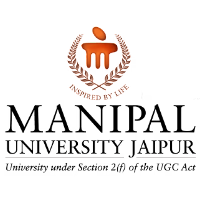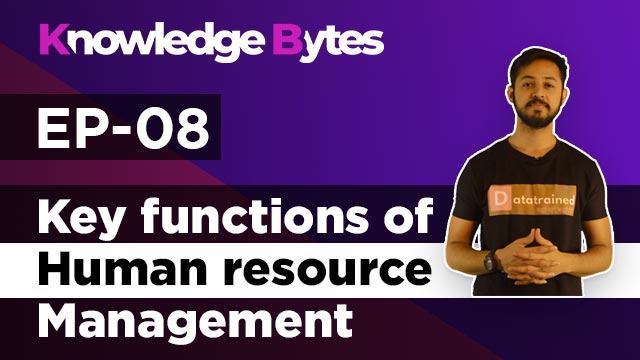HR has several important functions in the organization, which include recruitment, performance management, learning and development, and so on.
1. Human resource planning
Human resources planning is comparable to workforce planning. Both focus on where the company is now and what it needs to do to be successful in the future.
2. Recruitment and selection
The moment candidates apply; the HR team picks the best suited and highest-potential candidates. With Technological developments in recruitments, there are different types of recruitment tools for every part of your recruitment funnel.
3. Performance management
Performance management tools include the yearly performance review, in which the employee performance is reviewed by their manager. It also includes complete feedback tools where, managers, peers, subordinates, and sometimes even customers review the employee’s performance.
4. Learning and development
Enabling staff to develop the capabilities they need for the future is an essential task for HR. Traditionally, companies have a stipulated budget for L&D. Despite the disparities in regulation, nearly all employers recognize the importance of investing in the abilities of their employees. It is an HR function to lead these endeavors in the correct direction.
5. Career planning
Showing workers how their personal ambition can align with the future of the business helps in employee engagement and retention. For the business, there are the advantages of better succession planning, greater productivity, and a stronger employer brand.
6. Rewards
Rewarding workers for their job is a function impossible to miss. Rewards can be much more than salaries like growth opportunities, status, recognition, a good work culture, and a satisfying work-life balance.
7. Industrial relations
Yet another function of HR is cultivating as well as maintaining relationships with labor unions and their members. Maintaining good relations with unions will help to identify and resolve expected conflicts easily and quickly and will also be useful in difficult economic times when layoffs or other actions are needed.
8. Employee participation and communication
Among the crucial roles of HR is to be a genuine activist for the workers. Staff needs to be informed as well as heard on various issues that are relevant to them. Communication relates to spreading info appropriate to employees.
9. Health and safety
HR plays an important role in generating and implementing safety and health regulations. Implementing these regulations as a part of the organization’s culture is one of the primary roles of HR.
10. Personal wellbeing
HR has a function in helping and taking care of workers when they run into personal issues. Personal wellbeing is about supporting workers when things don’t go as planned.






